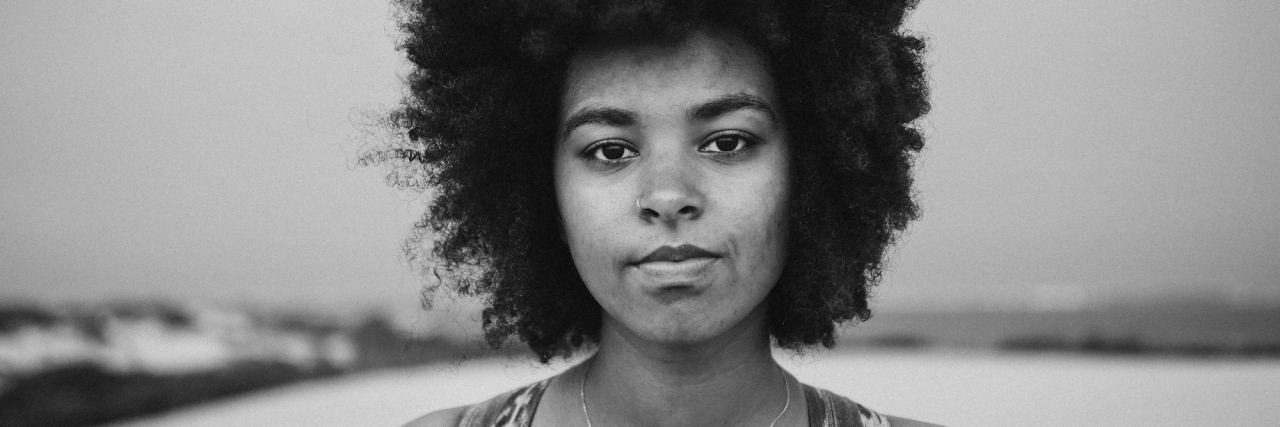I was in my first few sessions with my current therapist and still building a rapport with her as she got to know me. We’d touched on my anxiety and depression, my history of dissociation and my cloudy memories of being repeatedly raped and sexually abused as a teenager. When she asked about any romantic relationships, I told her how I identify as that catch-all, “queer.” While I can see myself in a relationship with anyone, regardless of gender, I’m also asexual. I just don’t experience sexual attraction to anyone.
She clicked her tongue. “Based on what you told me, I think we can safely say you aren’t asexual. Your trauma probably just made you scared of sexual intimacy.”
I remember staring at her like an alien had landed in front of me. This woman, who barely knew me, was telling me about my own sexual orientation? Something that had been central to my identity for years?
I had to, and still do, respectfully disagree with her. Being “born this way” had always been the easiest thing to accept about my queerness. Before the abuse started, I still had never grown out of the “ew, cooties” phase when thinking about kissing. My crushes always looked more like, “I want to play video games with that person,” than anything else, and I didn’t understand the point when my friends growing up started being more interested in dating.
But that one statement was enough to make me question it.
What if this part of myself I’ve worked hard to accept isn’t a part of who I am, but a response to the horrible things that happened to me? What if being asexual isn’t one of the facets of my identity, but a trauma-induced aversion to touch or intimacy, something I’d convinced myself of because it was easier than the alternative? My mind swam with the possibility of it all, especially one overarching idea: if my asexuality was caused by trauma, then working through the trauma might mean “curing” the asexuality.
To be clear, asexuality is not a disorder to be cured. No sexual or gender identity is. But I must admit, the idea was tempting.
I turned the questions over in my mind for weeks, but a few heartbreaking statistics with an unfortunately personal connection allowed me to come to my own conclusion. Studies suggest that LGBTQ+ people are disproportionately more likely to be sexually abused in childhood and adolescence, and more likely to develop mental health issues such as PTSD, depression or substance abuse because of it. Though I was young, I was queer before I met my abuser. Over and over, he told me he was going to “fix” me, that I would go to hell if it weren’t for him. I was raped, at least in part, because I was queer — not the other way around.
The issue of childhood sexual abuse is difficult to talk about in the best of times, and being LGBTQ+ adds another dimension to it. Queer survivors of sexual abuse are often, willingly or not, politicized. One extreme may use it as proof that a non-straight sexual orientation is always the unnatural result of abuse (if you’ve ever come out to anyone, one of the questions you may have heard is, “Who hurt you?”); the other extreme expects your story to defend the idea that abuse is never a factor. And while most research now comes to the conclusion that sexuality has more of a basis in nature, not nurture, there’s still always that fear that your story will be used to prove a point, or will be questioned if it doesn’t.
My story happened to fit into a common narrative. Yours may, as well — or it may not. Either is alright. Your story doesn’t have to fit anyone’s narrative but your own. Your identity may be static or fluid, but no matter the circumstances, it’s always valid. I had to remember for myself that, while I still have hard work to do to heal from my trauma, there is nothing broken about about who I am.
If you or a loved one is affected by sexual abuse or assault and need help, call the National Sexual Assault Telephone Hotline at 1-800-656-4673 to be connected with a trained staff member from a sexual assault service provider in your area.
Unsplash photo via Derek Torsani

